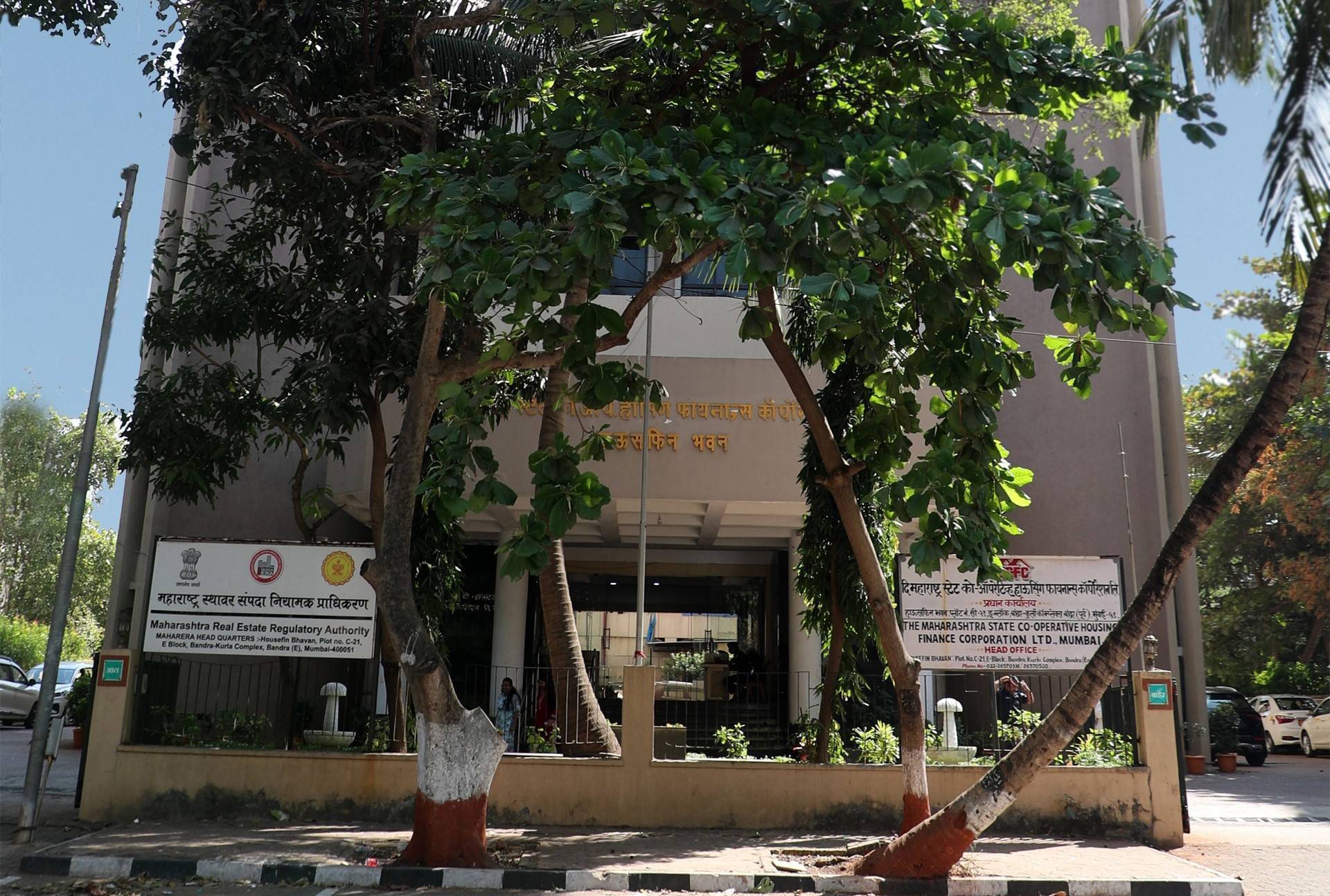The Enforcement Directorate (ED) has attached assets worth ₹23 crore related to an alleged dispute in the Lotus 300 case in Noida, which involves homebuyers of the upscale residential project.
The case centers around accusations of funds mismanagement collected from homebuyers who invested in the Lotus 300 project, which was promoted as a premium residential development offering high-end amenities and timely possession. However, despite repeated assurances, project deadlines were missed, and homebuyers began voicing their concerns as the delays stretched on. The prolonged wait caused both financial and emotional strain, as many buyers had taken loans or made substantial upfront payments in anticipation of moving into their dream homes.
As the investigation unfolded, authorities discovered serious discrepancies in how the funds collected for Lotus 300 were managed. Preliminary findings indicated that funds earmarked for the project’s construction were diverted, raising questions about transparency and accountability in the developers’ financial practices. Allegedly, funds were directed to other unrelated projects or expenses, suggesting a breach of trust and highlighting potential fraud. Homebuyers expressed frustration, suspecting that their investments were not used for the project’s completion as promised.
In response, the ED stepped in to investigate potential economic crimes. With a mandate to curb financial fraud and money laundering, the ED’s involvement introduced a new level of scrutiny. By attaching assets worth ₹23 crore, including properties and financial holdings connected to the entities behind the Lotus 300 project, the ED aims to prevent further diversion of funds, thereby safeguarding these assets until a clearer resolution is reached. This action offers hope to the homebuyers, who may potentially receive compensation once the assets are liquidated or used in any restitution process.
The challenges facing homebuyers in India’s real estate sector have come under renewed attention with cases like Lotus 300. Over the years, several projects across the country have seen similar delays and alleged mismanagement, leading to widespread distress among homebuyers. For many, buying a home represents a substantial financial and personal milestone, often involving considerable sacrifices. Delays and financial uncertainties in such projects thus result in significant emotional and economic impact on buyers, who are left paying off loans on homes that are still incomplete.
The Real Estate (Regulation and Development) Act (RERA) introduced in 2016 aimed to address these issues by mandating registration, transparency, and accountability within the sector. However, cases like Lotus 300 highlight the need for stronger enforcement and more vigilant oversight to protect buyers. While RERA provides a framework, there are limitations, and additional enforcement actions, like those taken by the ED, reinforce the importance of a robust response when regulatory guidelines are breached.
The ED’s asset attachment in the Lotus 300 case signals a commitment to hold developers accountable, giving some relief to affected homebuyers. It also sends a strong message within the real estate sector about the consequences of funds mismanagement and non-adherence to commitments made to buyers.









.png)